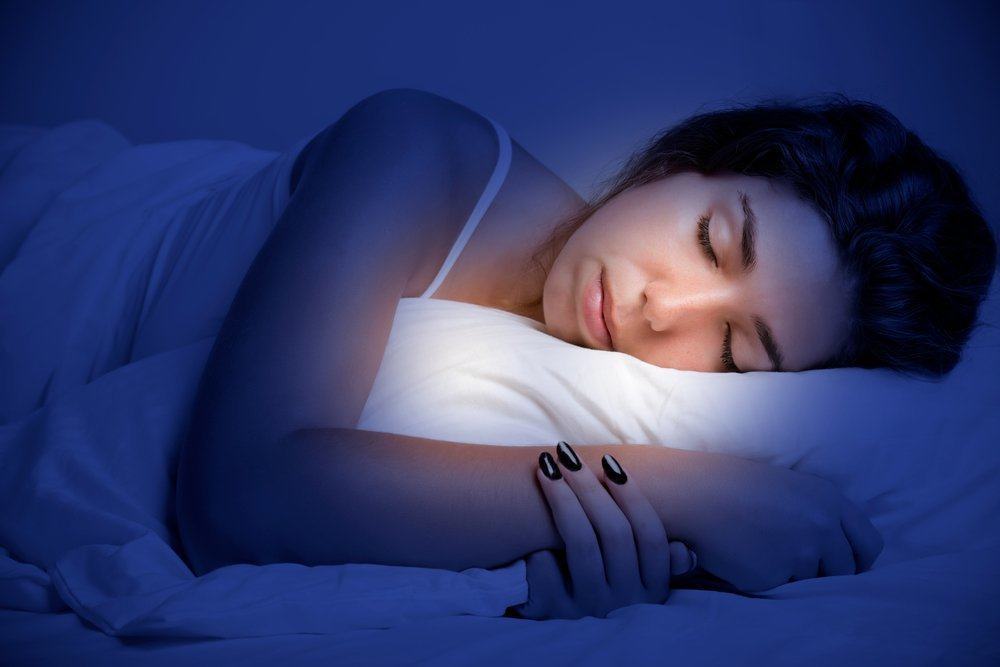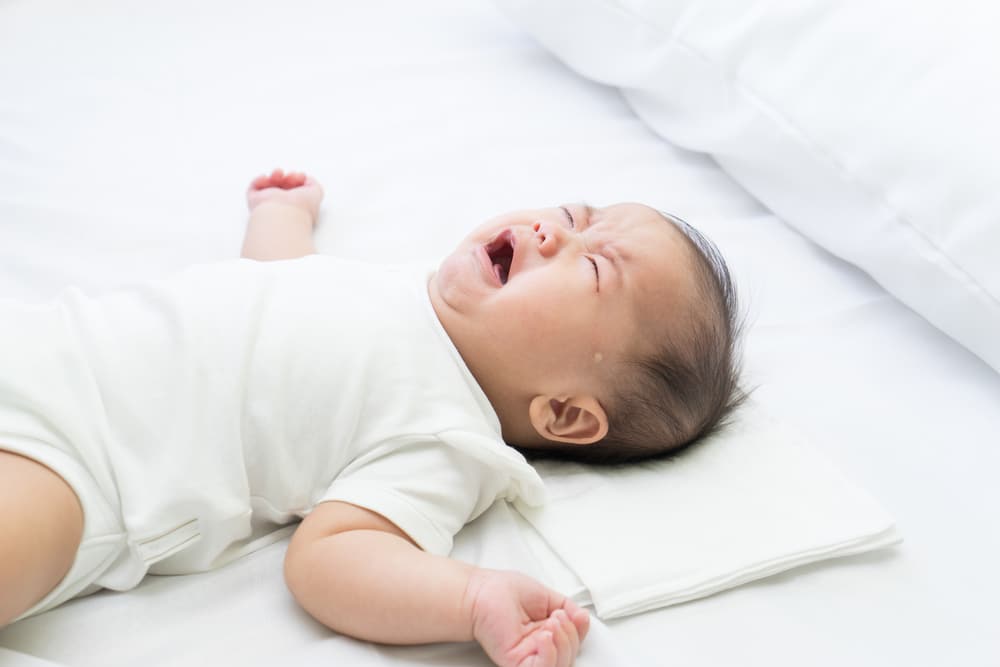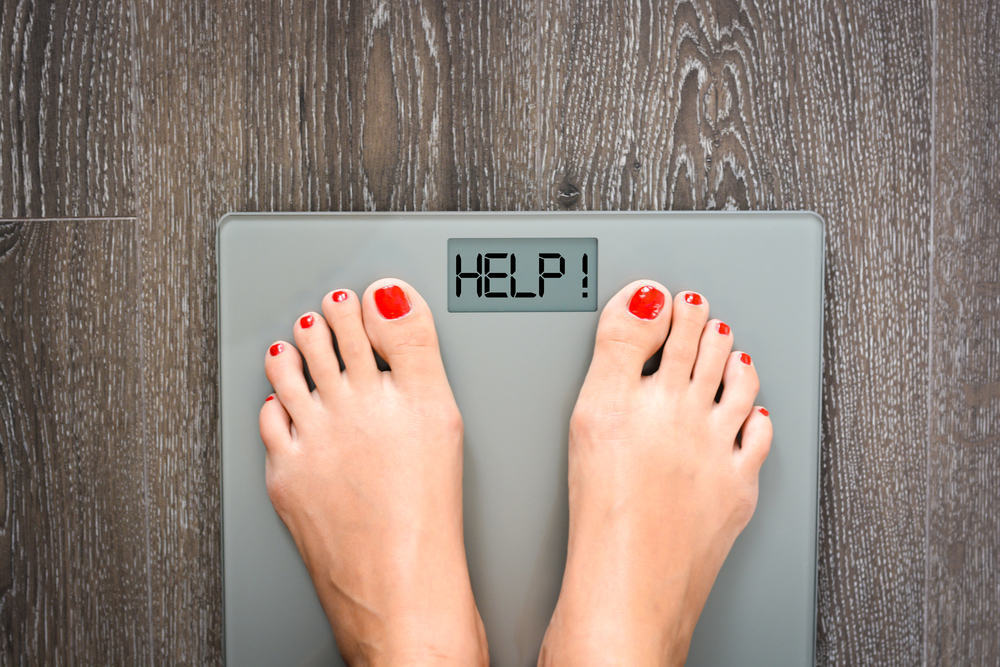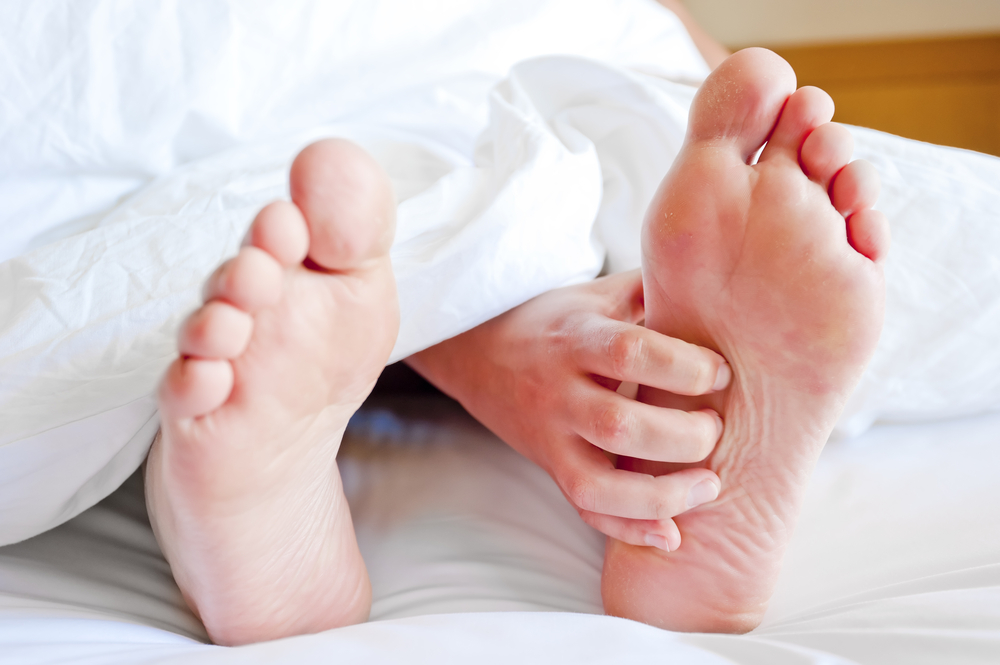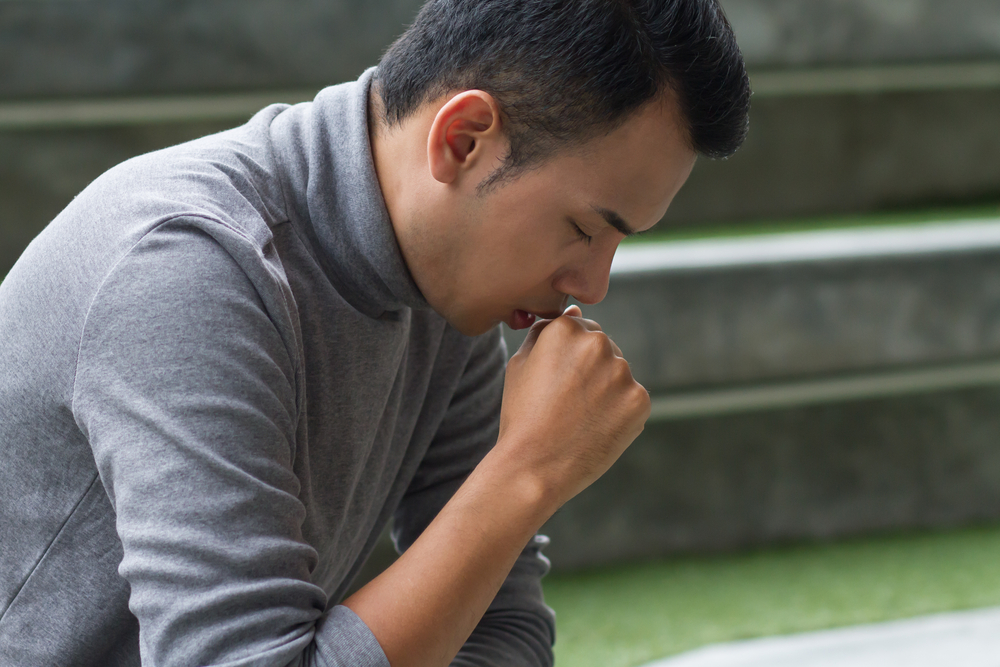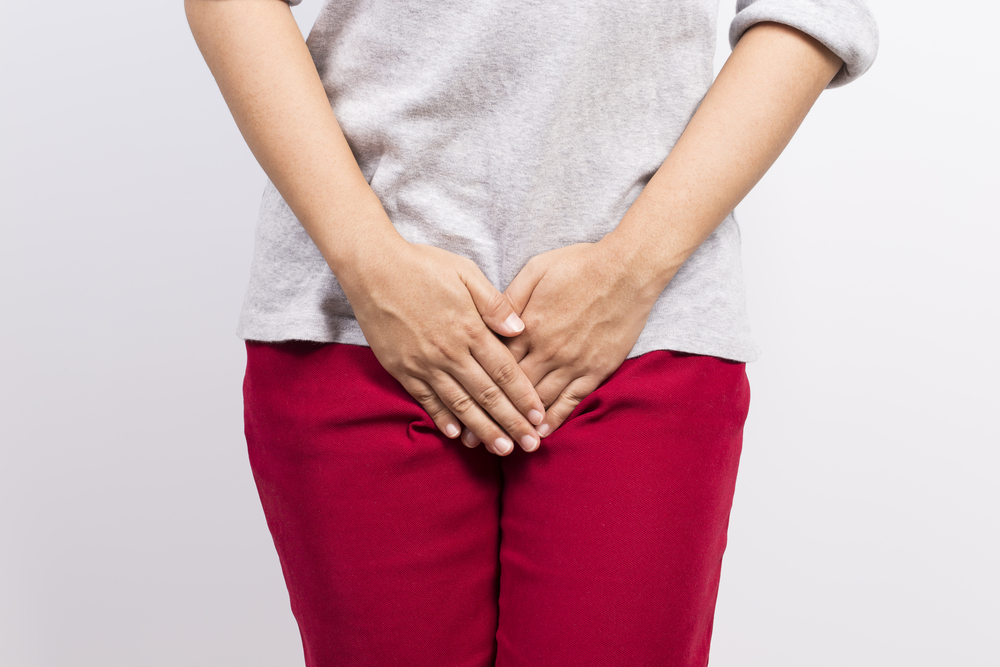Contents:
- Medical Video: Sleeping in darkness is good for health | Healthy Tips
- What is the impact if we sleep with the lights on?
- 1. Increases the chance of getting cancer
- 2. Artificial light makes the body fat
- 3. Causes insomnia
- 4. Affect menstruation
- 5. Causes depression
Medical Video: Sleeping in darkness is good for health | Healthy Tips
Sleep is one of the activities that we must do and with the right time. Adults need 7-8 hours to sleep, while children and adolescents need approximately 10 hours. Passing through sleep is certainly not good for the body and can damage the digestive system in the body. Not only that, even lighting when you sleep will have a negative impact on health. So how do you usually sleep? With the lights on or off?
The importance of sleep without using the light no matter how small the light has been studied by experts. According to Joyce Walsleben, PhD., A member of the lecturer association at New York University School of Medicine, even though we fall asleep, light can still be detected by the eyelids and our brain will not produce melatonin. Walsleben also said that we need darkness in a room as dark as the darkness that we can still face without tripping something (still able to detect the presence of objects).
What is the impact if we sleep with the lights on?
1. Increases the chance of getting cancer
Nightlight is a significant risk factor for developing breast cancer, according to researchers who reviewed data from 1,679 women and published the results of their study at Chronobiology International. But other scientists argue that any disruption in the circadian rhythm can trigger the release of stress hormones and this can increase the risk of cancer.
2. Artificial light makes the body fat
Our 24-hour body circulation controls several hormones such as ghrelin, insulin and serotonin which affect appetite, fat storage, andmood. Therefore, things that interfere with circulation can cause obesity, type 2 diabetes, and depression. In fact, doctors and scientists also became worried about the discovery of this case by the American Medical Association.
3. Causes insomnia
Some experts believe that lighting lights at night can cause biological effects. A Harvard study found that lighting a room lamp late at night from an incandescent lamp can reduce the level of melatonin, making it difficult for us to fall asleep.
Not only are the lights above our heads harmful, but all levels of lighting that can be found at home at night such as computer screens, televisions and electronic tablets can suppress melatonin secretion.
In 2011, a study suggested that the lighting produced by a computer screen 5 hours before bedtime could affect circadian rhythms by delaying the release of melatonin.
4. Affect menstruation
Research reports that rotationshift workers, resulting in rising levels of lighting at night, and affecting the menstrual cycle of female workers. The study involved 71,077 women who participated in the Nurse Health Study II. About one in five participants works onshiftnight for at least 1 month in 2 years before the study was held. More time shiftwork spent, the more irregular their menstrual cycle.
5. Causes depression
Sleep disorders are strongly associated with the risk of depression and experience of depression. The study, published in the journal Molecular Psychiatry, shows that lighting at night, even if it is dim and only equivalent to a light sleeper, can improve physiological changes such as those that occur in rodents. In hamsters, dim light at night triggers behaviors such as depression and changes in the brain. This can occur due to impaired circadian rhythms as well as melatonin suppression, according to Tracy Bedrosian, a PhD candidate in the neuroscience department at The Ohio State University in Columbus. The good news is that the symptoms will disappear when the lighting conditions return to normal.
READ ALSO:
- How to Regulate a Healthy Sleep Cycle If You Don't Have Enough Time
- Too Long Napping Triggers Heart Disease and Diabetes
- 9 Easy Ways to Sleep Better

